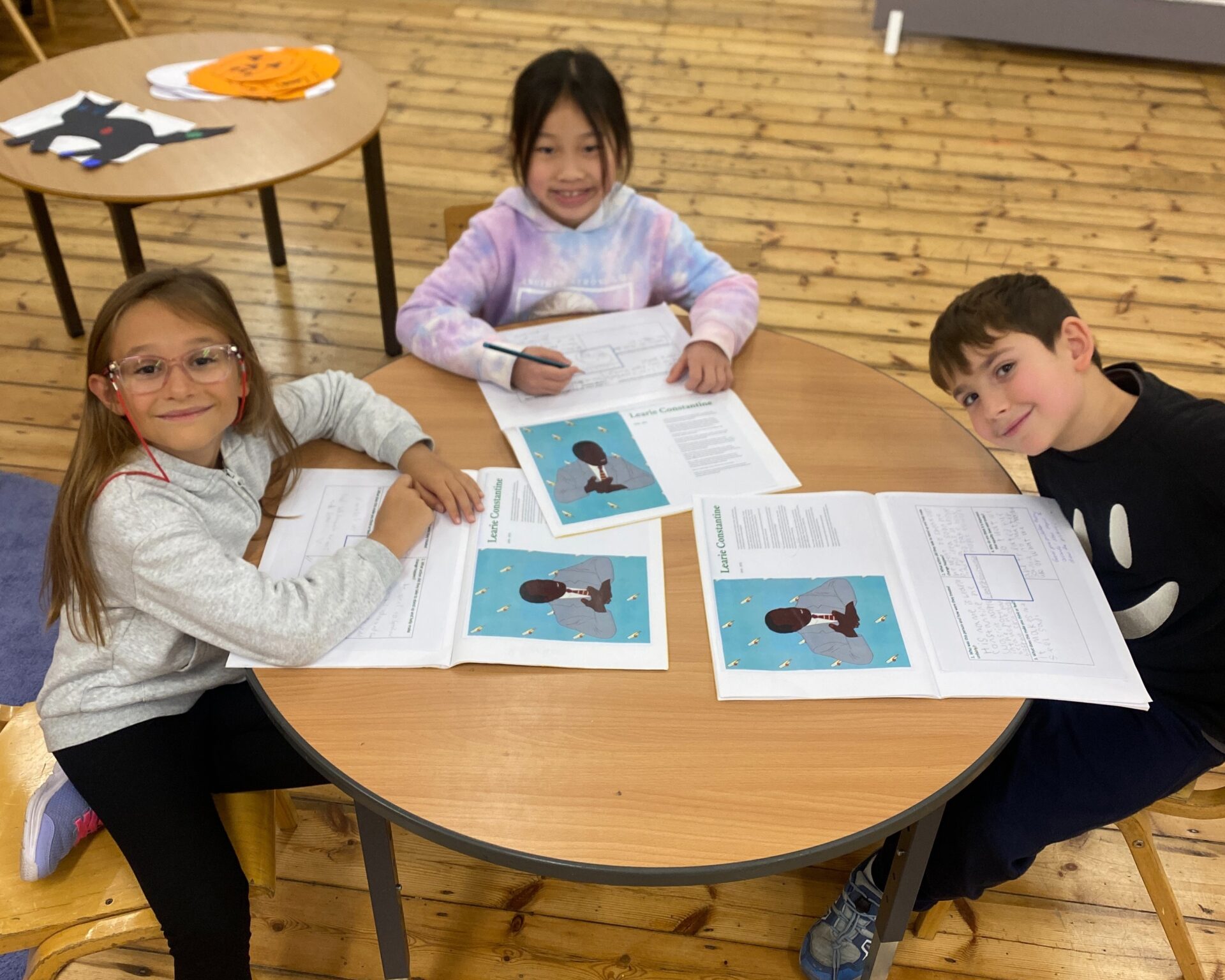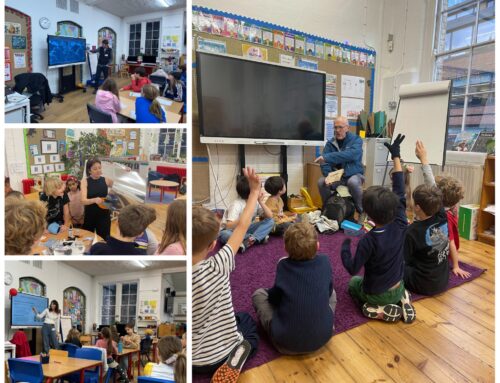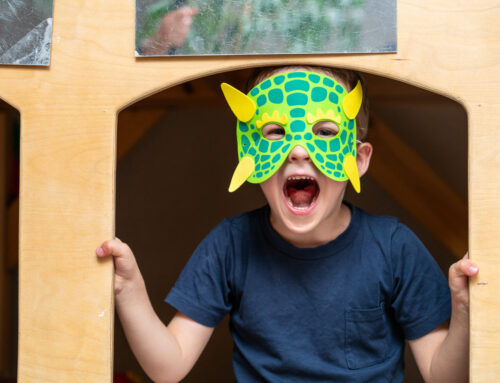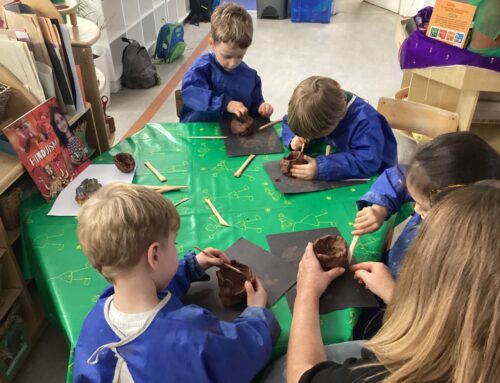At Dallington School, we believe that learning should go beyond rote memorisation. Our children aren’t just vessels to be filled with facts — they’re thinkers, creators, and collaborators. That’s why discussion-based learning is at the heart of our progressive approach. It’s not just about speaking and listening. It’s about developing their ability to question, reason, and make sense of the world around them.
Being able to think critically and ask questions to make better informed decisions is a crucial skill for a child to develop, not just for their academic career but for their life beyond the classroom. Being able to question, and even challenge, what they are learning from early on through discussion is key to developing critical thinking skills. Today, we explore why and how we’ve integrated this into our approach to education at Dallington.
What is Discussion-Based Learning?
Discussion-based learning is an educational method that encourages students to actively participate in conversations, both with their teachers and their peers. This allows them to explore subjects in depth, build knowledge and develop critical thinking skills. The focus is placed on active engagement, as opposed to passive listening, with students contributing their own ideas and learning from each other.
The Benefits of Discussion Based Learning
There is strong evidence to suggest that discussion-based learning not only develops critical thinking skills but also gives a deeper understanding of the subject matter. The benefits are clear both in the classroom and outside of it, and progressive methods such as this help form a holistic educational approach that nurtures the whole child.
Discussion-Based Learning Encourages More Than Just Memorisation
In most traditional classroom environments, knowledge flows one way: from teacher to student. Pupils are expected to absorb, recall, and repeat, with exams used to assess how well the information was retained. At Dallington, learning looks very different. We encourage rich, open-ended discussion, with children invited to share ideas, challenge assumptions, and consider different perspectives. This encourages genuine understanding and not just surface-level recall. For parents who reject a test-driven model – who want education to nurture curiosity, not conformity – this matters deeply.
“Pupils often engage actively and attentively in their learning. They contribute maturely to discussions and ask pertinent questions.” Dallington ISI Inspection Report 2024
Inclusive Educational Environments Are Built on Discussion
Research has shown that classroom discussion empowers children to take the lead when exploring complex, challenging issues and, at Dallington, we use discussion to transform our classroom spaces into democratic, participatory environments where all views are welcomed and everyone feels included. We do not believe children should feel obliged to abide by the norm and we provide a safe, engaging space for them to be themselves and realise their full potential.
It Builds the Muscles of Thought
Discussion-based learning builds what psychologists call “metacognitive” skills – the ability to think about one’s own thinking. When a child explains their reasoning or responds to a peer’s counterpoint, they’re not just learning what to think – they’re learning how to think.
This helps children:
- Develop structured arguments
- Weigh evidence before forming conclusions
- Recognise and respect multiple viewpoints
- Reflect on their own biases and assumptions
These are the foundations of critical thinking – and they’re essential life skills, not just academic ones.
It Encourages A Culture of Dialogue at All Ages
Whether in a mixed-age science project, a literature circle, or a philosophy session, Dallington pupils are consistently encouraged to ask “why” and “what if.” Our teachers act as facilitators as opposed to lecturers. The classroom becomes a space for dialogue – and for mutual discovery.
This approach is particularly beneficial for children who don’t thrive under rigid structures. For neurodivergent learners, discussion-based formats offer more flexibility and authenticity, allowing them to contribute in ways that feel natural.
Children are Well Prepared for a Complex World
In a world filled with competing narratives and rapid change, children need more than rote knowledge. They need intellectual flexibility, emotional intelligence, and the confidence to think for themselves. Discussion-based learning supports all three.
At Dallington, our goal isn’t to produce children who can pass a test – it’s to cultivate thinkers who can lead, empathise, innovate, and adapt.
What This Means for Parents
For parents seeking an education that aligns with values like creativity, emotional literacy, and holistic development, discussion-based learning is a powerful answer. It reflects a belief that children should be co-creators of knowledge – not passive recipients.
If you’re looking for a school that sees your child as an individual with a voice, not just a pupil with a score, Dallington might be the place you’ve been searching for. Visit us today to see for yourself, or speak to our admissions team to find out more about how our approach can help your child thrive.





